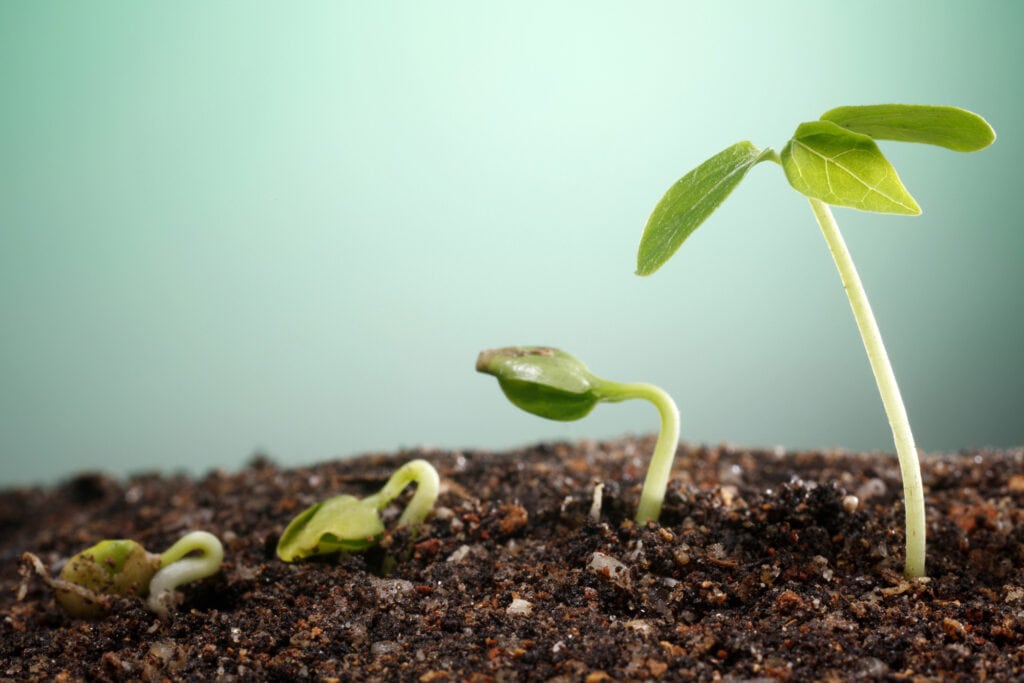Microbes like SPORE! 4 species play a crucial role in the remediation of heavy metals in soil through a number of mechanisms, including:
Certain microbes like SPORE! 4 Species can absorb heavy metals from the soil and accumulate them within their biomass. This process, known as bioaccumulation, helps to reduce the concentration of heavy metals in the soil. Additionally, some microbes can concentrate heavy metals within specific structures or compartments, a process known as bioconcentration, further reducing their availability in the soil.
Spore! 4 Species is a blend of 4 endomycorrhiza (arbuscular mycorrhiza).
Contains: 275 total propagules/g or 124,575 propagules/lb Rhizophagus (glomas) intraradices, Rhizophagus (Glomas) clarus, Septoglomus (Glomas) deserticola, and Claroideoglomas etunicatum. Higher concentration than MycoApply Endo.
Microbes can facilitate the precipitation of heavy metals into insoluble mineral forms through processes such as biomineralization. This can immobilize the metals and reduce their mobility in the soil, making them less accessible to plants and reducing the risk of leaching into groundwater.
Certain microorganisms produce chelating agents, such as organic acids and siderophores, which can bind to heavy metal ions, forming stable complexes. These complexes are less toxic and mobile than free metal ions, reducing the bioavailability and toxicity of the metals in the soil.
Microbes (SPORE! 4 Species can catalyze reduction and oxidation reactions that transform heavy metal ions into less toxic or less mobile forms. For example, some bacteria can convert highly toxic forms of metals like chromium (Cr VI) into less toxic forms like chromium (Cr III), which is less mobile and more easily immobilized in the soil.
Certain microbes can promote the uptake of heavy metals by plants through mechanisms such as the production of plant growth-promoting substances or by altering the bioavailability of metals in the rhizosphere, the soil zone influenced by plant roots. Once taken up by plants, heavy metals can be sequestered in plant tissues or transferred to above-ground biomass, effectively removing them from the soil.
By using these microbial-mediated processes, bioremediation strategies can be developed to remediate soils contaminated with heavy metals, reducing environmental pollution, and restoring soil health. These strategies often involve the application of microbial inoculants or the manipulation of environmental conditions to stimulate the activity of indigenous microbial communities. Contact us for more information.
Reference: sciencedirect.com
